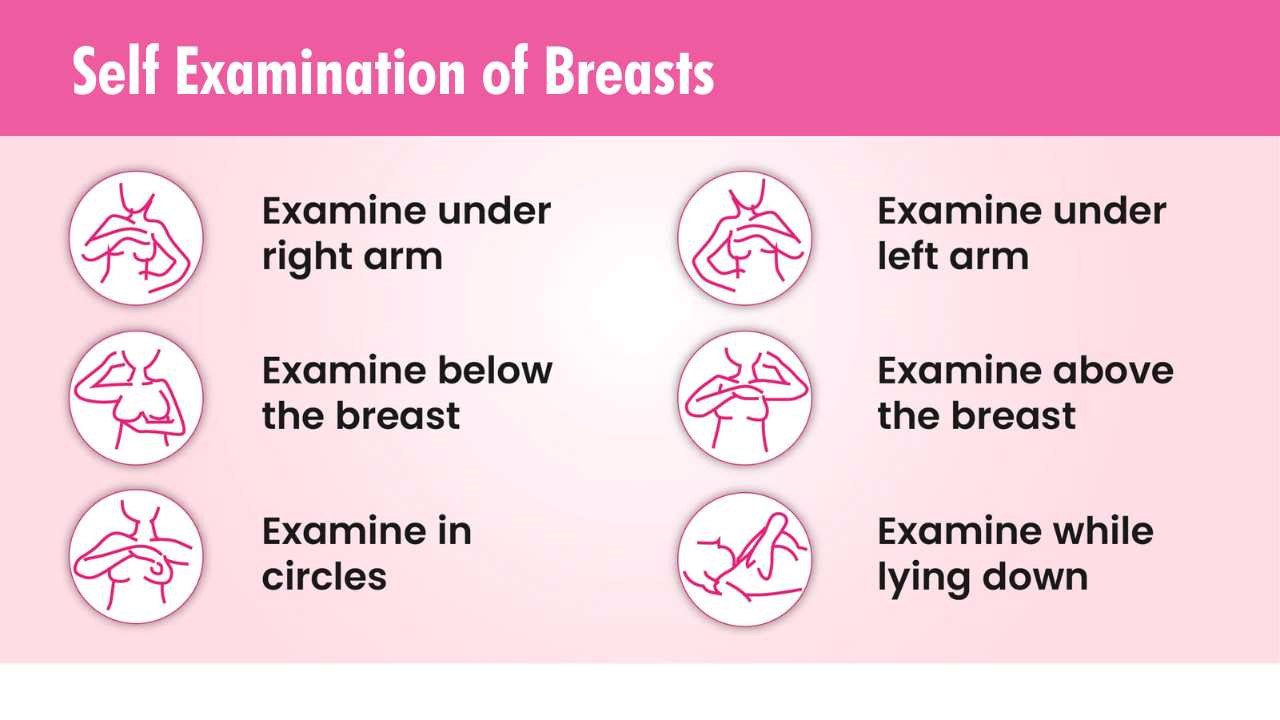
Breast surgery is a crucial component of breast cancer treatment and other breast-related health issues. Two common procedures are lumpectomy and mastectomy, both of which play a significant role in managing breast disease. Deciding which surgery is right depends on various factors, including the size and location of the tumor, patient preference, and medical advice from a surgeon.
What Is a Lumpectomy?
A lumpectomy, also known as breast-conserving surgery, involves removing only the tumor and a small margin of surrounding tissue. The goal is to preserve as much of the breast as possible while ensuring all cancerous tissue is removed. A lumpectomy is often followed by radiation therapy to target any remaining cancer cells.
When Is a Lumpectomy Needed?
A lumpectomy is usually recommended for:
– Small, localized tumors
– Early-stage breast cancer
– Non-cancerous breast conditions like fibroadenomas
The main benefit of a lumpectomy is the preservation of the breast’s natural appearance. However, it may not be suitable for large tumors or when multiple tumors are present.
What Is a Mastectomy?
A mastectomy involves removing the entire breast and, in some cases, nearby lymph nodes. This procedure may be necessary for more advanced or widespread cancer. There are several types of mastectomies:
– Total (simple) mastectomy: Removal of the entire breast.
– Modified radical mastectomy: Removal of the entire breast and some lymph nodes.
– Radical mastectomy: Removal of the entire breast, chest wall muscles, and lymph nodes (rarely performed today).
When Is a Mastectomy Needed?
A mastectomy may be the best option if:
– The tumor is large or involves multiple areas of the breast.
– There is a strong family history of breast cancer or a BRCA gene mutation.
– Radiation therapy is not an option due to prior treatments or other medical reasons.
Mastectomy is a definitive treatment that reduces the risk of recurrence, though it may involve a more extensive recovery process and reconstruction options.
When to See a General Surgeon vs. a Breast Specialist
When facing breast surgery, it’s essential to determine whether you should consult a general surgeon or a breast specialist.
– General Surgeons: They are well-trained in performing lumpectomies and mastectomies, especially in more straightforward cases. If you have no complicating factors, such as an extensive family history of breast cancer, or if you live in an area with limited access to specialized care, a general surgeon may be the right choice.
– Breast Specialists: If your case is more complex, such as having a genetic predisposition to breast cancer (e.g., BRCA mutation) or if you require specialized reconstruction after mastectomy, seeing a breast specialist is recommended. They have extensive experience specifically in breast surgery and complex breast cancer cases.
Why Seeing a Private Practice Surgeon Is Beneficial
Choosing a general surgeon at a private practice offers several advantages:
– Personalized Care: Private practice surgeons typically offer a more personalized, patient-focused approach. You’re more likely to have consistent follow-ups with the same doctor who is familiar with your case, rather than being treated by multiple surgeons in a hospital setting.
– Shorter Wait Times: With less bureaucracy and fewer patients, private practices often have shorter wait times for consultations and surgeries, helping you begin treatment sooner.
– Comprehensive Consultation: Surgeons in private practice often have more time to dedicate to each patient, allowing for a thorough consultation where you can discuss your concerns, treatment options, and recovery in detail.
If a breast care surgeon recommendation is needed, please feel free to call our office. We’re happy to be a resource in your time of need. (770) 704-6101
